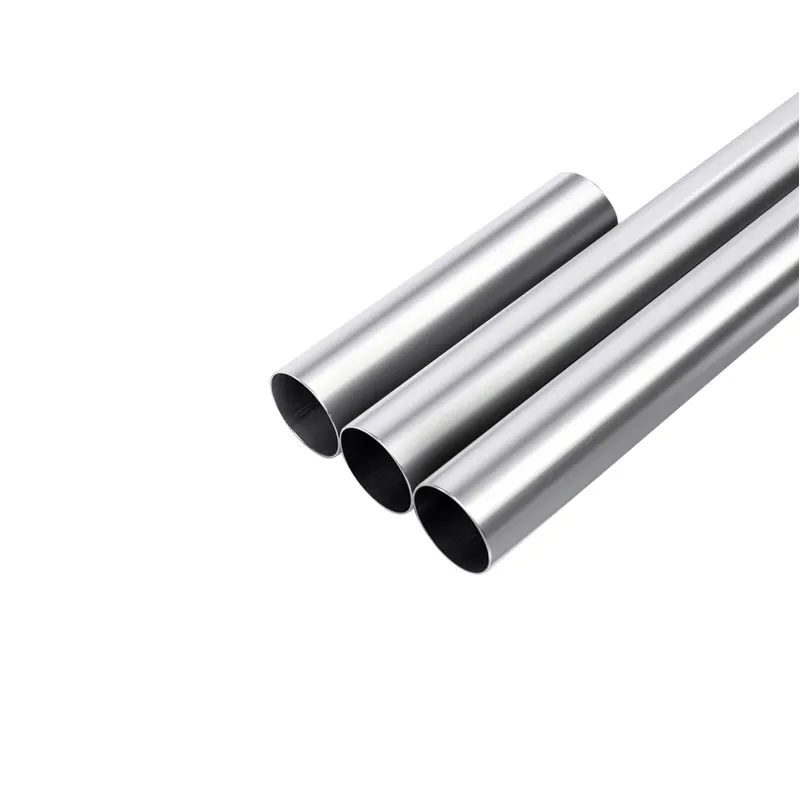
Plastic Injection Molding in Automotive Parts
Plastic injection molding has revolutionized the manufacturing of automotive parts, streamlining production processes and enhancing design flexibility. This technique, which involves injecting molten plastic into a mold to create various components, plays a crucial role in the automotive industry, where weight reduction, durability, and cost-effectiveness are paramount.
One of the primary advantages of plastic injection molding is its ability to produce complex geometries with precision. Automotive designers are increasingly opting for engineered plastics due to their lighter weight compared to traditional materials, such as metals. This shift is particularly significant as the automotive industry strives to improve fuel efficiency and reduce emissions. For instance, components like dashboards, door panels, and engine covers can be manufactured using high-performance plastics, which not only reduce vehicle weight but also contribute to overall fuel economy.
Moreover, plastic injection molding allows for the integration of multiple functions into a single part. This consolidation minimizes the need for additional assembly processes, thereby reducing labor costs and potential points of failure. For example, tail light housings can be designed to incorporate electrical fixtures directly into the plastic, streamlining the installation process and enhancing the reliability of the lighting systems.

Another critical benefit of this manufacturing process is repeatability. Injection molds are designed to produce identical parts with great accuracy, ensuring that each component meets stringent automotive standards. This consistency is vital in the automotive sector, where safety and performance are non-negotiable. Additionally, the process is highly efficient, allowing for mass production capabilities that meet the high demand within the industry.
The environmental impact of plastic injection molding in automotive manufacturing is also a topic of growing importance. Many automotive manufacturers are adopting sustainable practices by using recycled plastics and developing bio-based materials. Innovations in this area not only help to reduce waste but also appeal to a growing consumer base that is increasingly concerned about sustainability.
As the automotive industry continues to evolve with advancements in electric vehicles and autonomous driving technologies, the role of plastic injection molding is expected to expand further. New applications, such as battery enclosures and lightweight structural components, will leverage the unique properties of plastics, facilitating the transition toward more sustainable and efficient vehicles.
In conclusion, plastic injection molding stands as a cornerstone of modern automotive manufacturing, offering significant advantages in terms of weight reduction, design flexibility, efficiency, and sustainability. As the industry faces new challenges and opportunities, this innovative technique will undoubtedly continue to play a central role in shaping the future of automotive parts production. The combination of functionality and environmental responsibility presents a promising path forward, aligning with both industry goals and consumer expectations.